Supplement Regulations and Quality Control: What You Need to Know

At Birch & Wilde, we advocate for quality and transparency within the supplement world. In today's fast-paced world, health and wellness have become paramount concerns for many individuals.
As a result, the demand for dietary supplements has skyrocketed, with consumers seeking ways to enhance their well-being. However, the supplement industry is not immune to concerns about product quality, safety, and efficacy.
In this blog post, we will delve into the world of supplement regulations and quality control, equipping you with essential knowledge to make informed choices when selecting supplements. We'll explore the regulations that govern the industry, provide guidance on identifying high-quality products, and emphasise the critical role of third-party testing.
Understanding Supplement Regulations
The supplement industry operates within a regulatory framework that aims to ensure product safety, accurate labelling, and transparency. In the United Kingdom, dietary supplements are governed by regulations set forth by the European Food Safety Authority (EFSA) and the UK Food Standards Agency (FSA). Our labels are regulated by Food Regulations. In the USA, the FDA performs a similar role.
These regulatory bodies are dedicated to evaluating the safety and efficacy of supplements to protect consumer health. Unlike pharmaceutical drugs, supplements do not typically undergo the same rigorous pre-market testing and approval process. Instead, manufacturers are responsible for ensuring their products' safety and proper labeling in accordance with EFSA and FSA guidelines.
Key to Identifying Quality Products
Given the varying levels of oversight, consumers play a pivotal role in safeguarding their health when choosing supplements.
Here are some key points to consider:
1. Look for Third-Party Certifications
Reputable supplements often carry certifications from independent organisations, such as GMP or Soil Association (like our Ashwagandha or Sea Kelp products).
Branded ingredients are also a good indicator as these will have undergone rigorous clinical trials (for example the Naticol Marine Collagen in our Collagen capsules) These certifications indicate that the product has undergone testing for quality, purity, and potency.
2. Check the Label
Thoroughly read the product label for information about the ingredients, dosage, and any potential allergens (which in the UK should be highlighted in bold in the ingredients list). You may also want to check the name and address information of the manufacturer (all good quality brands will include this information). Avoid products with vague or incomplete labels.
3. Research the Manufacturer
Investigate the manufacturer's reputation, history, and adherence to good manufacturing practices (GMPs). You can look for things like GMP registration, Soil Association affiliation, compliance to HACCP and ISO standards. Reputable companies will have this information on file and it can usually be requested. Established companies are more likely to prioritise quality control.
4. Avoid Unrealistic Claims
Be cautious of supplements that make extravagant health claims. If something sounds too good to be true, it probably is. Look for science rather than suggestions. Claims for health benefits should be supported on the EFSA register or with clinical evidence from trials.
The Role of Third-Party Testing
Third-party testing is a critical aspect of ensuring supplement quality. These tests are conducted by independent laboratories that are not affiliated with the manufacturer.
Their unbiased analysis provides consumers with an objective assessment of a product's composition and potency. This step helps to identify contaminants, verify ingredient claims, and ensure that the product meets established quality standards. Whilst this information may not be available on a company's website, it can usually be requested.
Conclusion
As the popularity of dietary supplements continues to rise, so does the importance of understanding the landscape of supplement regulations and quality control. Consumers must take an active role in researching and selecting products that align with their health goals.
By looking for third-party certifications, scrutinising labels, asking questions and supporting manufacturers that prioritise quality, consumers can make more informed decisions.
Moreover, the reliance on third-party testing adds an extra layer of assurance, allowing consumers to trust that the supplements they choose are safe and effective.
Remember, your health is your most valuable asset – invest in it wisely by being an educated consumer in the supplement market.


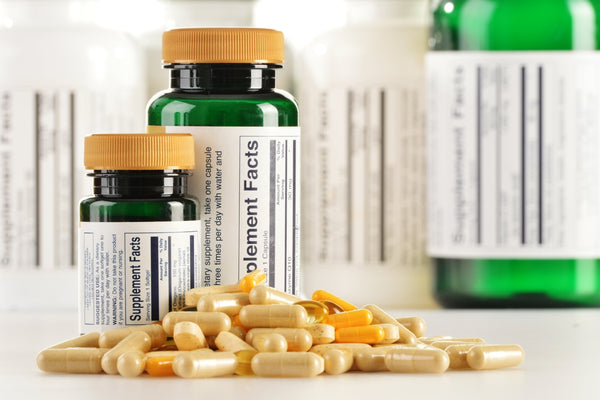






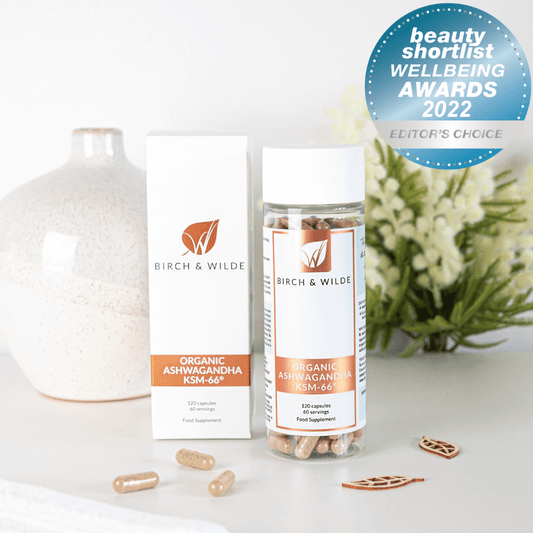
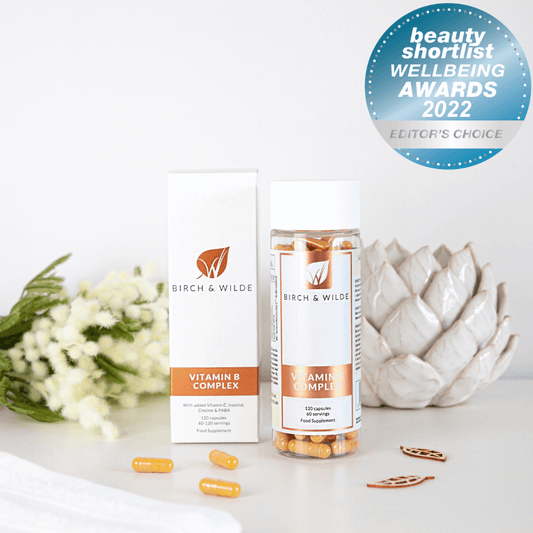
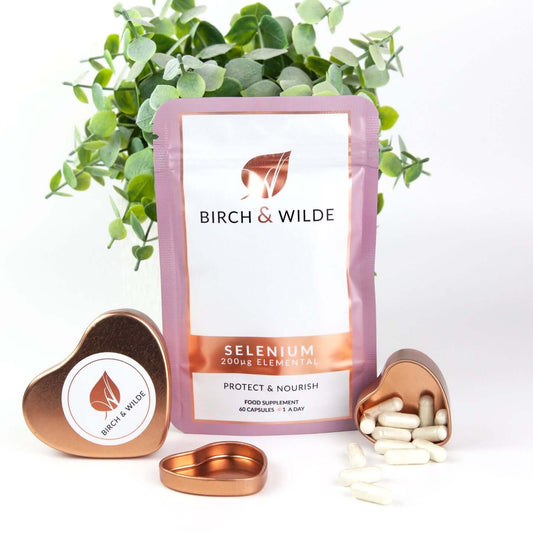
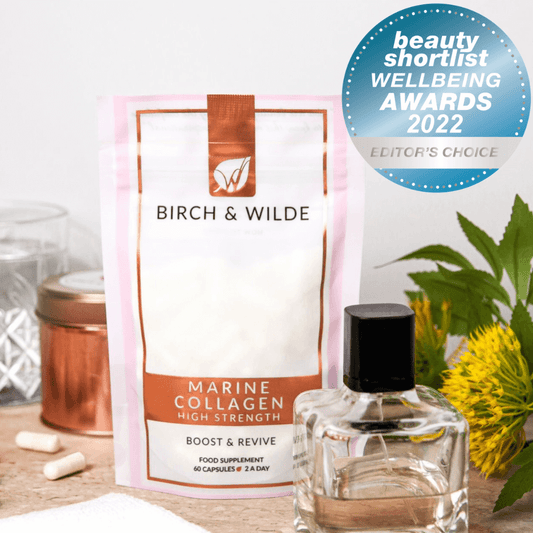
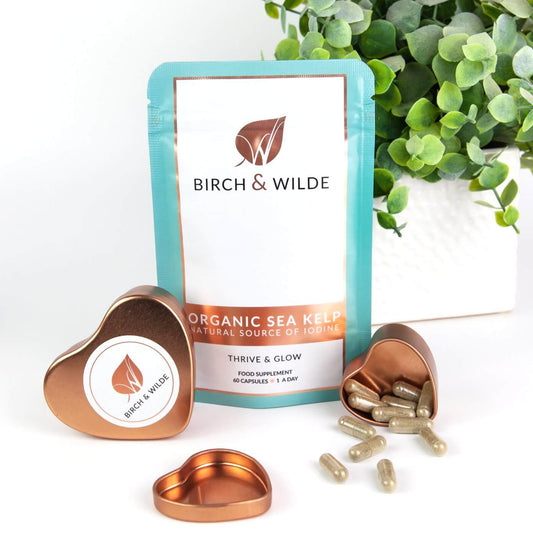
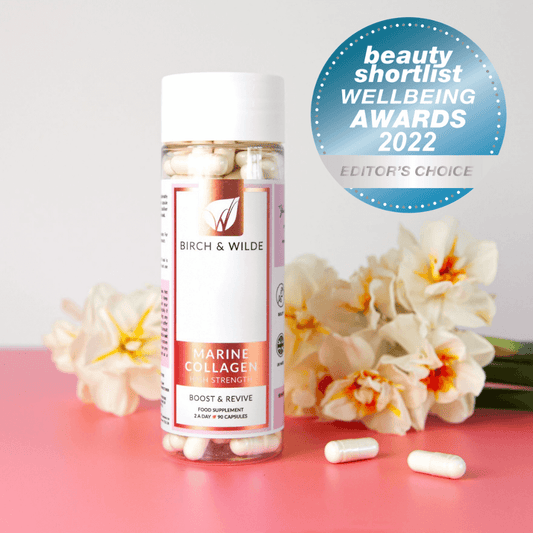
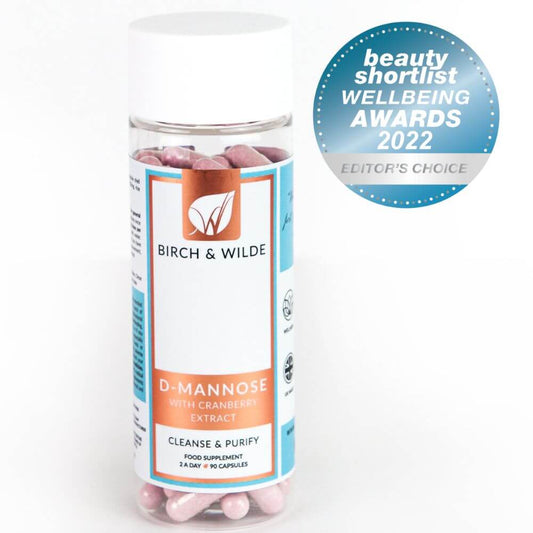
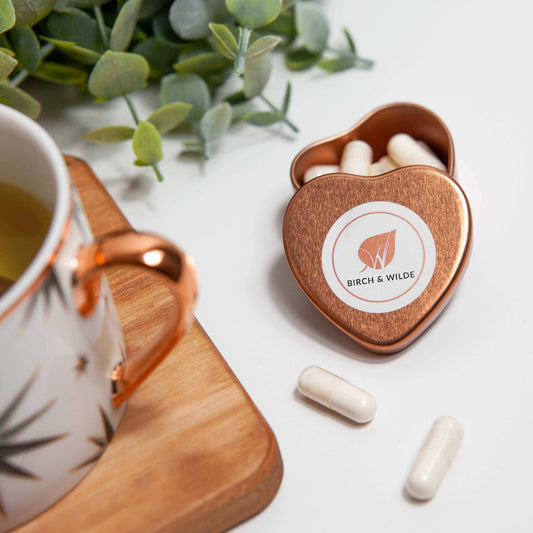
I’m looking at your Mannos & Cranberry product. I can’t see any indication if tested by 3rd party Lab? Or weather ingredients are organic. And no idea who the Manufacturer is in UK, which are usually readily available details are larger brands. Are there any fillers in your ingredients? Love the sound of your company, but as not heard of your Brand before would be grateful for advice on above. Thank you